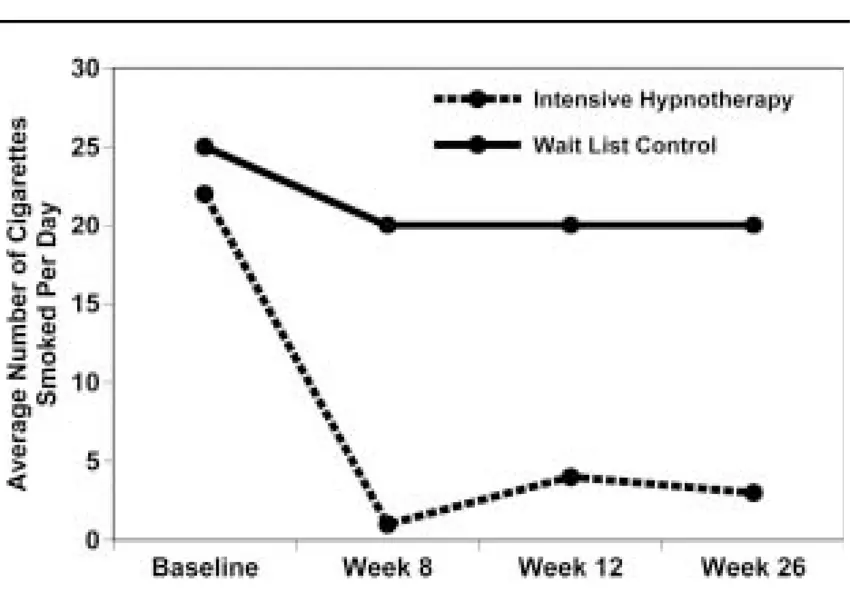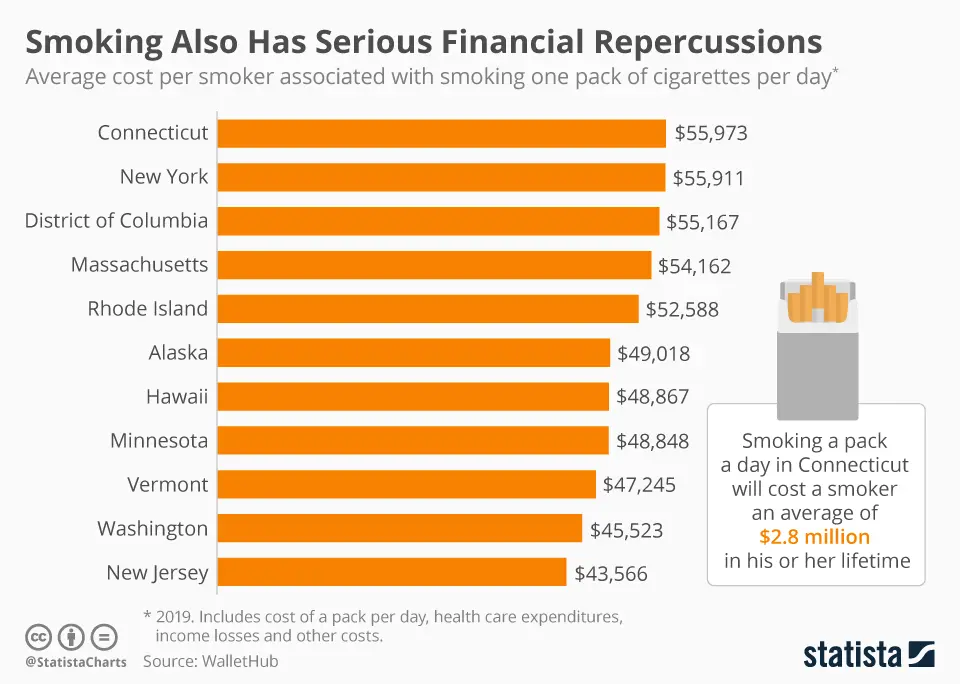Smoking has been a prevalent habit for centuries, with millions of people around the world indulging in this addictive habit. One of the common questions that arise when discussing smoking is how many cigarettes constitute a normal amount to smoke in a day. In this article, we will delve into the average pack of cigarettes smoked a day and explore its impact on health.
What is Considered a Normal Amount of Cigarettes Smoked in a Day?
There is no definitive answer to what is considered a normal amount of cigarettes to smoke in a day, as it varies from individual to individual. However, studies have shown that on average, a pack of cigarettes contains 20 cigarettes, and many smokers consume a full pack or more each day.
It is important to note that smoking any amount of cigarettes poses serious health risks. The more cigarettes a person smokes in a day, the higher their risk of developing smoking-related diseases, such as lung cancer, heart disease, and respiratory problems.
Health Risks Associated with Smoking
Lung Cancer: Smoking is the leading cause of lung cancer. The harmful chemicals in cigarettes damage the cells in the lungs, leading to the growth of cancerous tumors.
Cardiovascular Disease: Smoking significantly increases the risk of cardiovascular diseases, including heart attacks and strokes. The chemicals in cigarettes promote the formation of plaque in the arteries, leading to narrowed blood vessels and reduced blood flow to the heart and brain.
Respiratory Problems: Smoking damages the respiratory system, causing chronic obstructive pulmonary disease (COPD), chronic bronchitis, and emphysema. These conditions make it difficult to breathe and can significantly reduce a person's quality of life.

Increased Risk of Infections: Smokers are more susceptible to respiratory infections, such as pneumonia and bronchitis, as smoking weakens the immune system and damages the respiratory tract.
These are just a few examples of the many health risks associated with smoking. Quitting smoking or reducing the number of cigarettes smoked per day can significantly improve health outcomes and reduce the risk of developing these diseases.
How to Quit Smoking
If you are a smoker looking to quit, there are various methods and resources available to help you on your journey to becoming smoke-free. Some strategies include:
- Nicotine Replacement Therapy (NRT): NRT helps reduce withdrawal symptoms by providing the body with a controlled dose of nicotine through methods such as patches, gums, or inhalers.
- Medications: There are prescription medications available that can help reduce cravings and make quitting smoking more manageable.
- Behavioral Support: Seeking support from a counselor or joining support groups can provide guidance, encouragement, and accountability during the quitting process.
- Alternative Therapies: Some individuals find success with alternative therapies such as acupuncture or hypnosis to aid in smoking cessation.
It is important to remember that quitting smoking is a journey, and it may take multiple attempts before successfully becoming smoke-free. The key is to persevere and seek support when needed.
Is it safe to smoke one or two cigarettes a day?
No, there is no safe level of smoking. Even smoking one or two cigarettes a day can still have detrimental effects on your health. It is best to quit smoking altogether to reduce the risks associated with smoking.
How long does it take for the body to recover after quitting smoking?
The body starts to recover immediately after quitting smoking. Within 20 minutes, blood pressure and heart rate decrease. Within 2 to 12 weeks, lung function improves, and circulation increases. Long-term recovery takes time, but the sooner you quit, the better chance you have of reducing long-term health risks.
Can smoking occasionally be less harmful?
While smoking occasionally may expose you to fewer harmful chemicals compared to heavy smokers, it still poses risks to your health. The best course of action is to quit smoking altogether to protect your health.
In Conclusion
The average pack of cigarettes smoked a day varies from person to person, but it is important to understand the health risks associated with smoking. Quitting smoking or reducing the number of cigarettes smoked per day can significantly improve health outcomes and reduce the risk of developing smoking-related diseases. There are various methods and resources available to help individuals quit smoking, and seeking support is an essential part of the journey to becoming smoke-free. Remember, there is no safe level of smoking, and quitting is the best option for your overall health and well-being.
If you want to know other articles similar to Understanding the impact of average daily cigarette consumption you can visit the Smoking category.


Related Articles